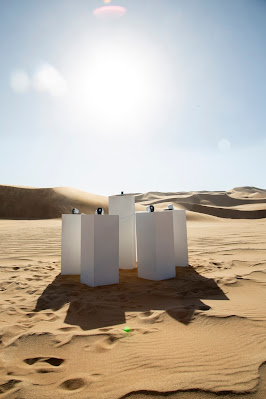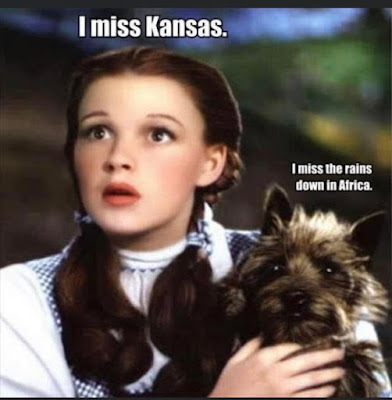 |
Surya Bonaty
Getty Images via WNYC |
Several years before my grandmother's death, I had the opportunity to spend a few days with my grandmother while I was attending a conference in Washington, D.C.
It was more evenings than days, actually, as I would drive to a Metro station from
her house in Fairfax for each day of the meeting, and head back out to Fairfax each evening for dinner at her kitchen table, followed by conversation that would stretch long into the evening, each of us fighting sleep for the chance to keep the conversations going.
Those conversations impressed on my two things about my grandmother that I had known to some degree, but had not fully understood. One was that she had become rather radical politically -- every book
Michael Moore had written to date was on her shelf, and she could quote chapter and verse, just as she could from her King James (no relation) Bible.
The other was that she was an avid an knowledgeable fan of figure skating -- her opinions of
Michelle Kwan were as positive as those of the Presidents Bush were negative.
All of which is to say she would have known about this performance from the 1998 Olympics, and at least something of its significance. French skater Surya Bonaly gives a performance that belies the fact of injuries that would have prevent me from walking across a room. But it is something she does at 3:30 in the clip that has led people to view this grainy video over a million times.
Speculation about
why she performed this remarkable feat began 2 seconds after the jump, and continues 2 decades later. I learned of this remarkable leap -- now known simply as "The Bonaly" -- in the context of her life story. In an episode of
Radio Lab entitled "
On the Edge," journalists Latif Nasser and Tracie Hunte tell the story of an athlete who reaches the highest levels in a sport with just enough subjectivity in its scoring to leave her with strong doubts about every silver medal she earned.
I recommend listening to Surya Bonaly's story, and only regret that I could not listen to it again with my grandmother. The conversation about race and skating would have gone long into the night.










